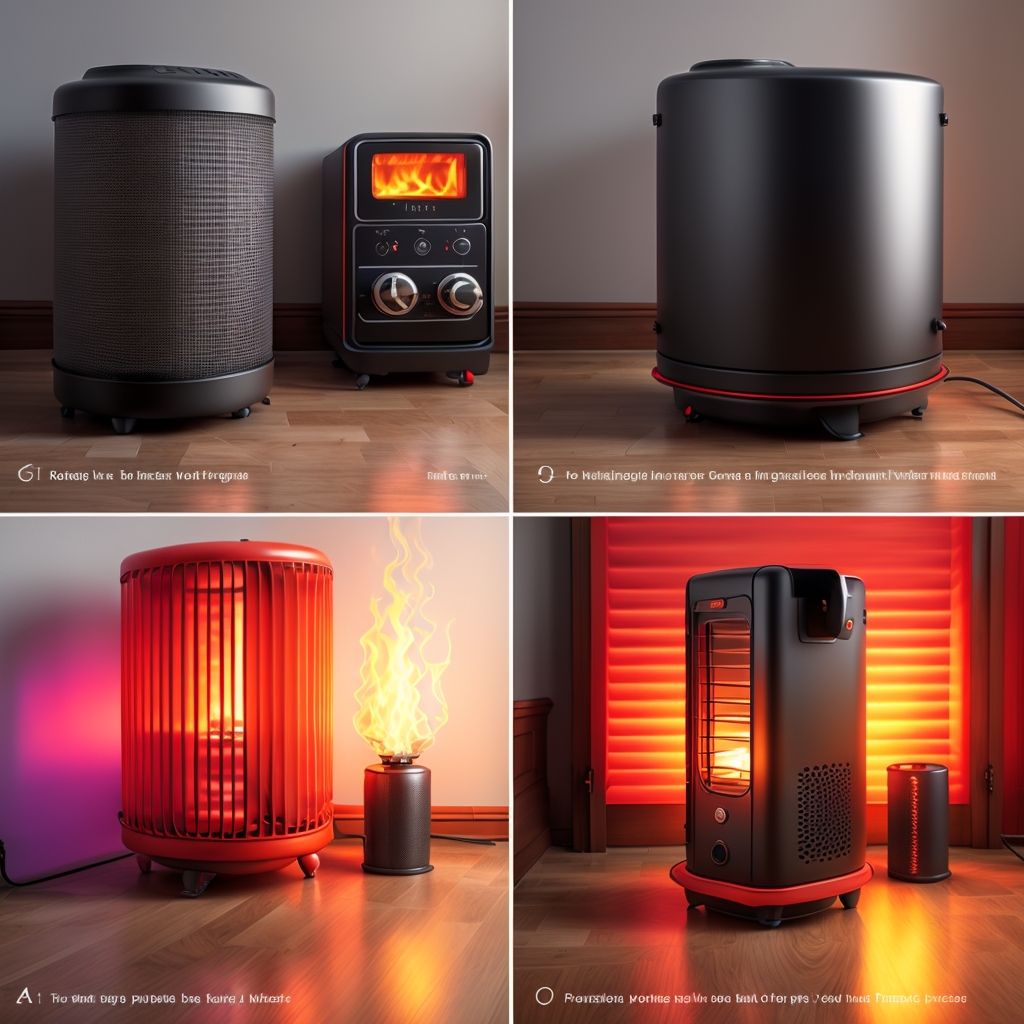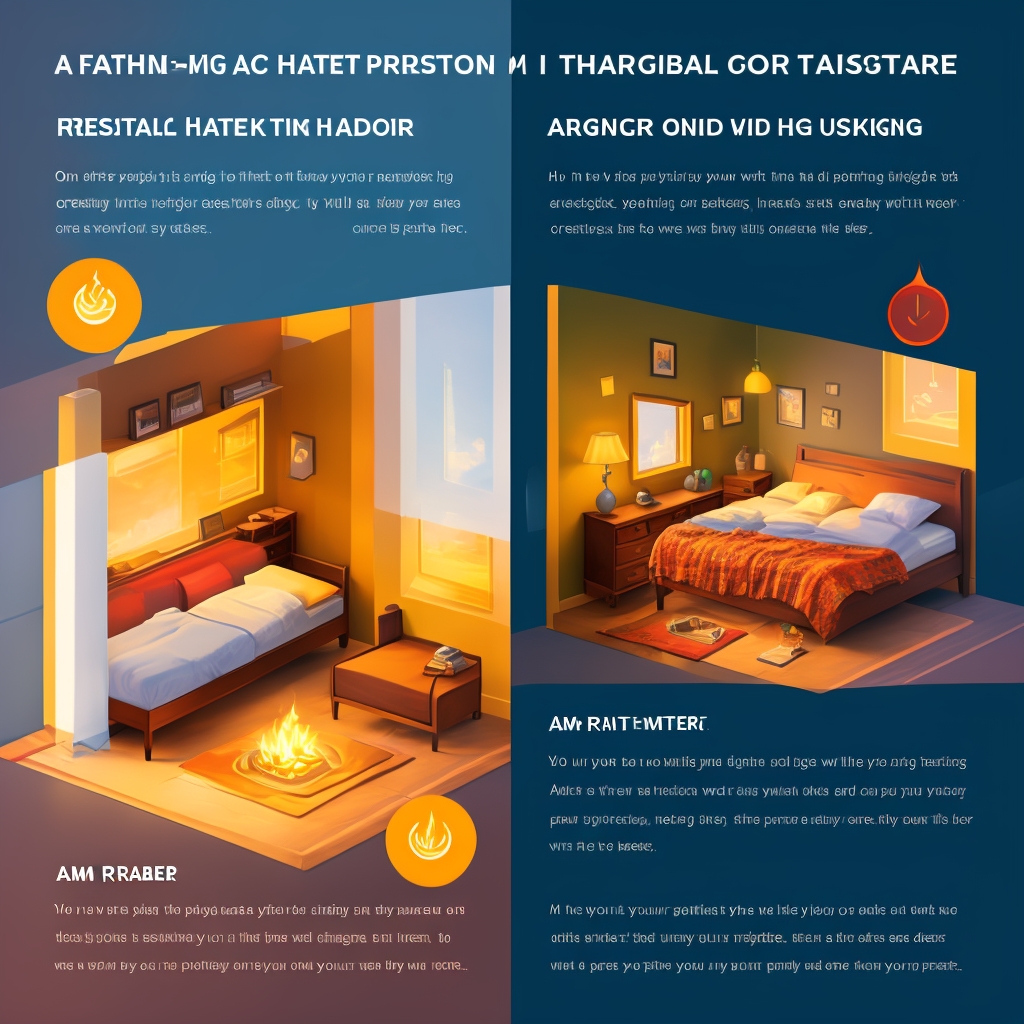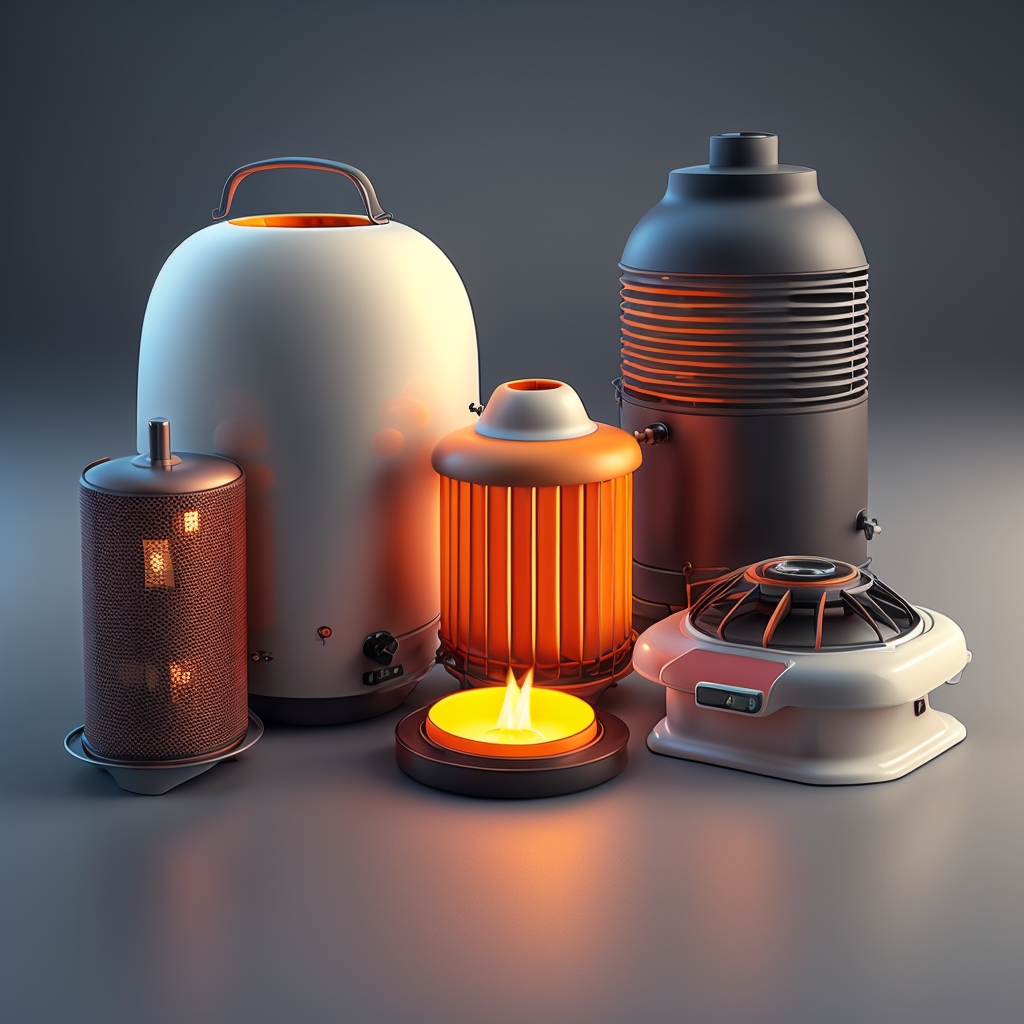“Discover the Types of Heaters Safe to Leave On Overnight!”

Heaters are beloved for their ability to create a warm and inviting environment during frosty weather conditions. However, the use of heaters during night-time, especially in homes with children or differently-abled adults, carries specific associated risks. The known health hazards include carbon poisoning, fire risk, and dry skin, among others.
Reports from the Consumer Product Safety Commission (CPSC) have suggested that space heaters have been associated with more than a thousand domestic fires in the United States annually and are responsible for more than 300 fatalities. The National Fire Protection Association paints an even grimmer picture, with space heaters contributing to approximately 43% of household fires and 85% associated deaths.
These alarming statistics raise grave concerns about leaving heaters running overnight. Luckily, there are safer alternatives to keep your house warm overnight. The following types of heaters are generally deemed safe for overnight use:
1) Ceramic Heater: A ceramic heater is an electrically powered appliance that warms a room by heating a ceramic element with a positive temperature coefficient (PTC). The emission of heat is then disseminated to aluminum fins adjacent to the ceramic elements. A fan located inside the plastic casing of the heater assists in spreading the warmth evenly throughout the room. Owing to the cold-touch plastic casing and an efficient thermostat, ceramic heaters are generally considered safe for overnight use.
2) Infrared Space Heaters: These portable heaters, unlike other heaters, do not rely on a fan to circulate air. As they emit infrared radiation to heat objects or people directly, they work efficiently in rooms that require extra warmth during winter. They are considered safe for overnight usage due to the external surface always being cool to the touch and the fact that they do not produce sparks or flames.
3) Oil Heater: In an oil heater, electricity is used to heat oil within a metallic body, which then radiates this heat to warm the surrounding air. Oil heaters have the advantage of producing an even warmth across a room and shutting off automatically once the room’s desired temperature is achieved. Besides, their quiet operation and high energy-efficiency make them excellent for night-time use.
Regardless of the type of heater used, certain features should be present to ensure the heater is safe for overnight use:
1) Thermostat Control: With this feature, you can establish an optimal temperature for your room, and the heater will then maintain this condition.
2) Overheat Protection: Heaters with overheat protection will switch off automatically when they’re heating up excessively, preventing overheating hazards.
3) Tip-Over Auto Shutoff: This mechanism ensures the heater will shut off if tipped over, averting potential fire risks.
4) Cool-touch Housing: This feature prevents the heater’s exterior from becoming too hot to touch, thus reducing the risk of accidental burns.
5) Safety Certifications: Look for heaters with safety certifications such as UL or ETL checks, indicating that the product meets specific safety standards.
By considering these factors and opting for a safe heating option, you can ensure a comfortably warm home without compromising your safety.
How risk-free is it to keep your heater on all night?

Even though heating appliances are effective at bestowing warmth, they could potentially pose dangers if not utilized conscientiously. Such risks are magnified when they are left ignited throughout the night, and can include:
1) Potential Toxic Gas Exposure
One major peril of operating the heater unceasingly overnight is the subsequent risk of carbon monoxide poisoning. Carbon monoxide, a lethal gas, is a byproduct of numerous combustion devices such as space heaters. When these heaters are left operating all night, the carbon monoxide they distribute can amass in your dwelling and potentially result in serious health implications, even fatality. It is therefore crucial to ensure your heater is equipped with efficient ventilation mechanisms to hinder carbon monoxide accumulation within your premises.
2) Fire-related Threats
Another risk incurred from an overnight operation of space heaters is susceptibility to fire. These heaters have been identified as primary contributors to domestic fires across the United States. Most of these fires are sparked when individuals leave heaters on unmonitored whilst asleep. To mitigate fire risks, position your heater safely, away from any inflammable objects. Furthermore, keep youngsters and pets at bay to enhance safety.
3) Electrical Hazards
Operating a heater overnight may instigate electrical dangers too. Space heaters consume immense electricity, and if run incessantly, they may overwhelm your home’s electrical outfit resulting in power disruption or even a fire outbreak. Therefore, ensure that your heater connects securely in the socket, and the socket isn’t congested. Disconnect your space heater from the power source when not in use to counteract potential electrical risks.
To delve deeper, should you keep your heater on the whole night? The answer is negative unless the weather is unbearably cold. Keeping your heater ignited overnight introduces a probable safety risk and could trigger health issues like dry skin and irritated nasal passages. If you intend to operate your heater overnight, opt for an oil, ceramic or infrared heater equipped with automatic shut-off in case of tipping over, a thermostat control, overheat protection, and appropriate safety certifications.
